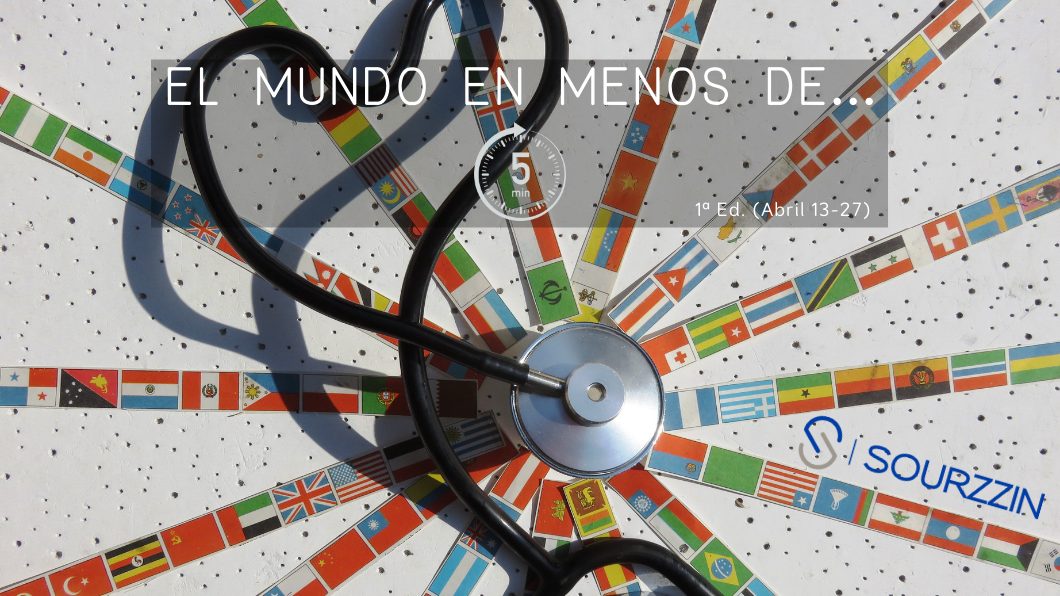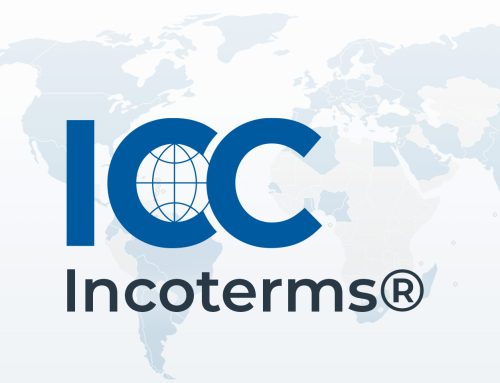
Welcome to the first edition of The world in less than 5 minutes!
In this edition we will discuss the largest consumers of solar and wind energy, the countries with the most dynamism and agility around the pandemic, the situation in Greece and the IMF, the future of the Japanese maritime industry and we will say goodbye with reading recommendations.

Energy prices are skyrocketing and Russia’s invasion of Ukraine made the costs even higher. Therefore, the search for new energy supplies is on the agenda of many countries.
This being so, according to the Ember Climate report, 50 countries in the world consume more than 10% of solar and wind energy, but those that lead the podium are the following:
Denmark: 51.8%
Uruguay: 46.7%
Luxembourg: 43.4%
Lithuania: 36.8%
Spain: 32.8%
The United States (13.08%), China (11.17%), and Japan (10.23%) consume just over 10%, while Germany (28.81%) and the United Kingdom (25.15%) consume double this figure.

When we analyze how different countries around the world managed the pandemic and the reopening of their economies, we find different strategies that led to successes and failures. According to the US News & World Report’s Agility index, which created a list of nations ranked highest for their ability to be adaptable, dynamic, modern, progressive, or responsive and compiled by BBC News, they lead the pack:
United States
Australia
South Korea
Belgium
Brazil
In the case of the United States, each state handled it in its own way, according to its particular conditions, opening the way to a more flexible economy.
For its part, Australia’s strict confinements encouraged local tourism, creating a boom in the opening of venues in lesser-known tourist regions.
Looking at South Korea in perspective, its experience with SARS in 2003 and MERS in 2015 gave it experience and knowledge when implementing new policies, which corrected past mistakes. As such, the South Korean government implemented rapid testing, screening, and treatment and established the Korea Disease Control and Prevention Center, a streamlined headquarters with professionalism, independence, and authority to coordinate the response to the health crisis.
As for Belgium, its history itself is the search for commitment and adaptation to constantly changing situations is part of its DNA, and restaurants with the takeaway option, clothing stores migrating online, and museums creating a new experience through virtual tours.
With fewer resources than other nations and a late response to the pandemic, São Paulo is today one of the “vaccinated capitals” and Brazilians see themselves as survivors who always find a way to overcome crises.

After 12 years of loans provided by the International Monetary Fund (IMF), the Greek government anticipated the payment of its debt, initiated in 2010 after the bailout obtained by the entity in the face of the crisis that succumbed to it, reports the Argentinean media Infobae.
According to Greek Prime Minister Kyriakos Mitstotakis via his Twitter account, it is “An era that Greeks should not and will never live through again.”

A consortium of more than 40 Japanese companies specializing in container ships, passenger ferries, AI, and telecommunications is working behind the scenes to make these vessels a commercial reality. It aims to put fully autonomous ships in operation by 2025 and to have half of Japan’s coastal vessels operating autonomously by 2040, says the British weekly The Economist

From the SourzzIn team, as part of our constant updating, we have opted for a particular book:
Start-Up Nation: the story of Israel’s economic miracle written by Dan Senor & Saul Singer, features a foreword by two-time Prime Minister (1984-1986 and 1995-1996) and former President of Israel from 2007 to 2014, Shimon Peres.
The authors, through exhaustive and dynamic research from the origins of the Israeli state to its governmental strategy in combination with interviews with figures who changed the course of history, attempt to answer the million-euro question: how is it possible that Israel – a country of 7.1 million, 60 years old, surrounded by enemies, in a constant state of war since its foundation, with no natural resources – produces more start-ups than large, peaceful and stable nations such as Japan, China, India, Korea, Canada, and the United Kingdom?
Thank you for taking five minutes of your time.
See you in 15 days.
PS: Don’t forget to subscribe!
Subscribe to our newsletter.
We will keep you informed of all the latest news




